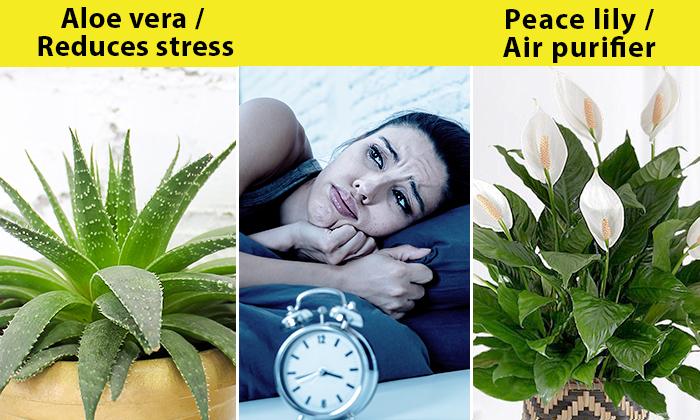If you’ve experienced even a few sleepless nights, then you know just how much of an impact lack of sleep can have on your life. There’s nothing worse than the tossing and turning throughout the night, just to wake up feeling like you only had two hours of sleep. You wake up feeling drowsy and unmotivated, and you are more likely to make poor choices throughout the day, such as overeating. Lack of sleep has a negative effect on your mood, energy, health, productivity, and overall day-to-day quality of life.
While some people lack sleep due to simply staying up too late, many people suffer from sleep disorders. According to the ASA (American Sleep Association), 50-70 million adults in the US suffer from a sleep disorder. Insomnia is the most common sleep order, with 30% of adults suffering from short-term insomnia and 10% suffering from chronic insomnia, according to the ASA. Lack of sleep and sleep disorders are caused by a number of things, including poor choices (staying up late), stress, anxiety, and poor air quality containing mold, pollution, and other pollutants.
One of the best and natural ways to improve the quality of your sleep is by filling your home with sleep-promoting plants. These plants not only add style and beauty to your home, but provide you with other benefits, such as air purification and helping you relax.





